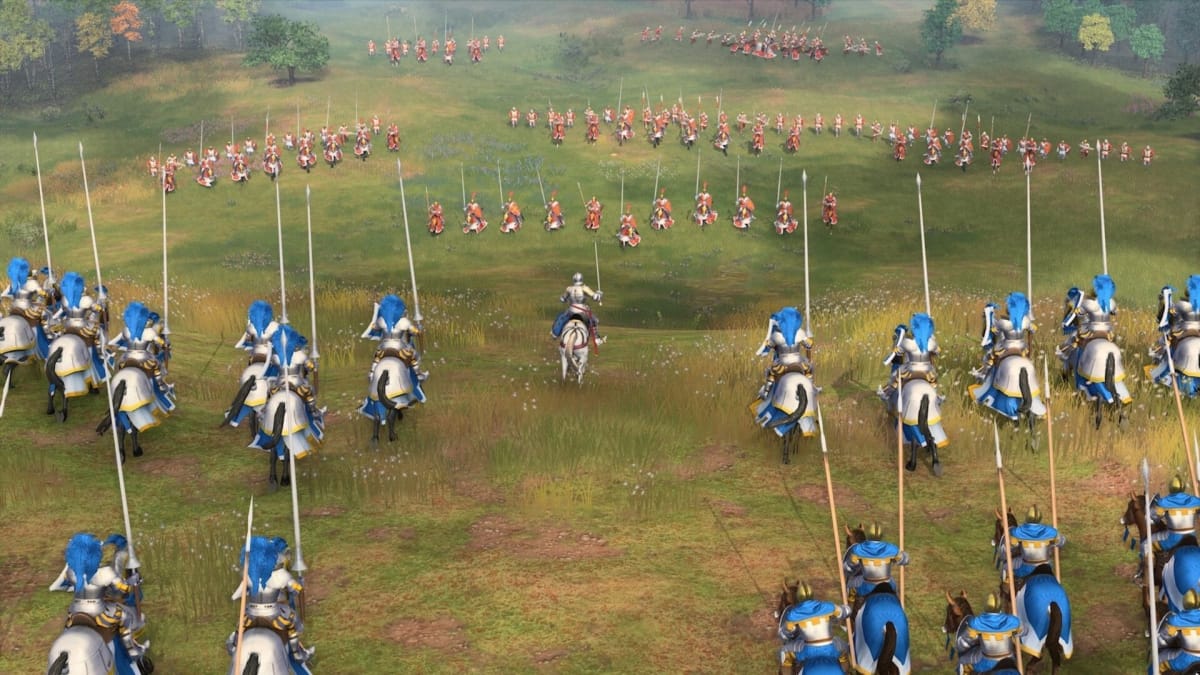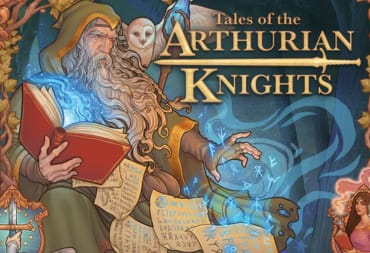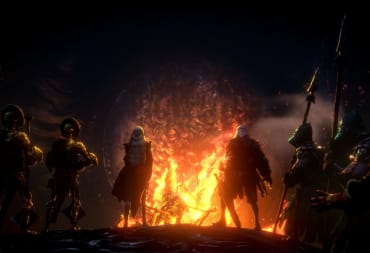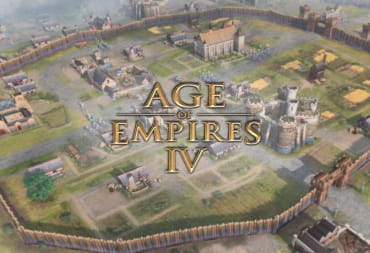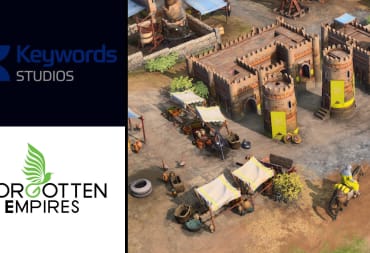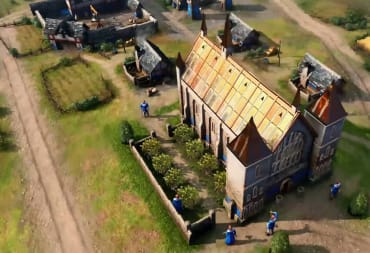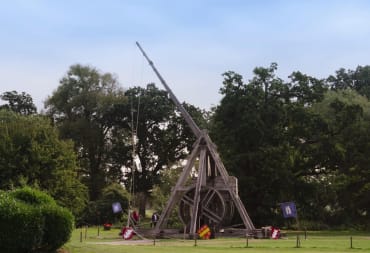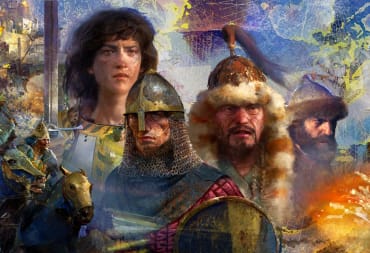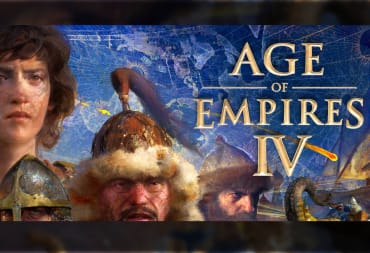If you're reading this, there's a high probability you grew up in a time when video games and school were mostly separate -- a taboo association, if you will. Indeed, while games such as 1971's The Oregon Trail were often found in schools, it wasn't a main component to education. But as the medium of video games overtook movies, television, and the like as the powerhouse of entertainment, it also became a bit more commonplace in schools. Minecraft is used to educate children around the globe, and we're even seeing the rise of esports on a collegiate level. Now, with a partnership between Microsoft and the University of Arizona, that gap between video games and education becomes a bit smaller with Age of Empires IV history.
In association with Microsoft, the University of Arizona created a course that will grant students a college credit -- with Age of Empires IV as the foundation of it all. This "University of Arizona enhanced experience," as it is called by the school, is all achieved by playing Age of Empires IV and completing educational modules called Illuminated Histories as well as various online assessments, with the intent that students will learn about the various historical campaigns portrayed in this medium.
To learn more about the creation and intent behind this course, as well as the future implications it may hold, TechRaptor talked with University of Arizona's Associate Professor of Medieval History Paul Milliman and Associate Professor of Roman History Alison Futrell, as well as World's Edge Franchise Narrative Director Noble Smith and Studio Business Lead Will McCahill.
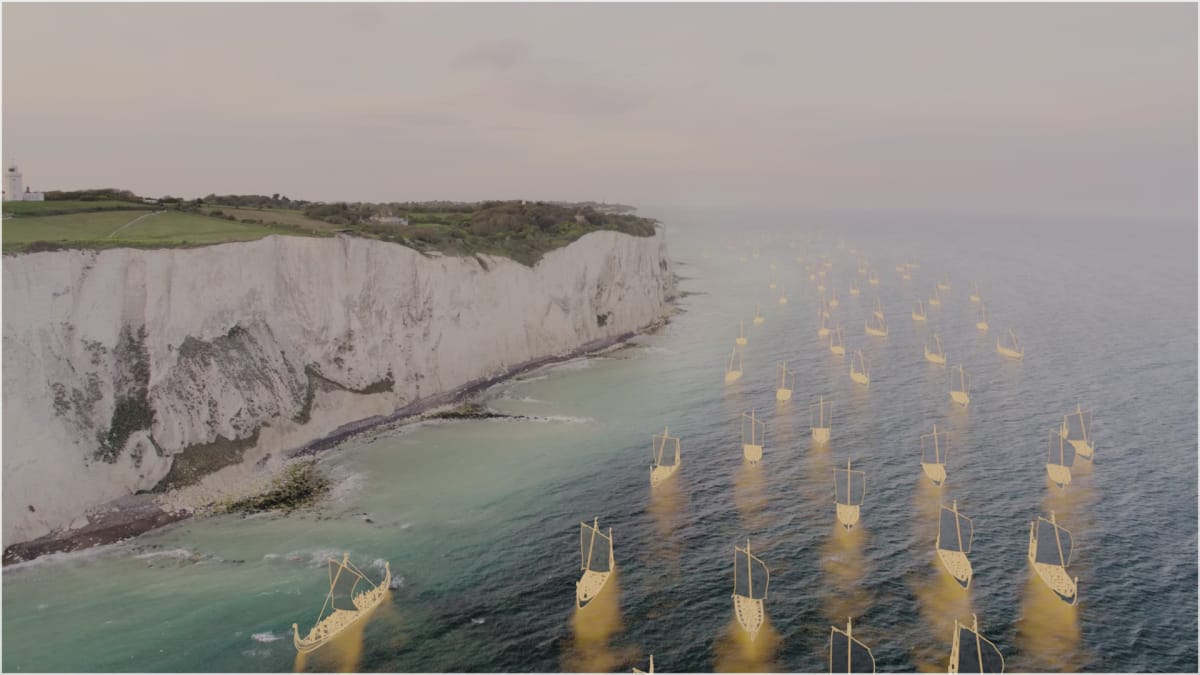
How University of Arizona's and Microsoft's Partnership Began
Smith credits McCahill as the "brainchild" of this project. As a child, McCahill spent plenty of his time playing the first two Age of Empires titles and found himself inspired and intrigued by the history told through these campaigns. While these games took some liberty to the history they told, it was through these stories that McCahill learned the value video games have as a way to learn. This left an imprint on his mind, and eventually an opportunity to expand on this presented itself.
"When World’s Edge Studio started," said McCahill, "historical accuracy was a key initiative for our campaign team. At the same time I was asked to explore if we could use Age of Empires as a tool for education. Childhood me had waited for that moment. I putzed around with a few ideas but eventually settled on working with Executive Director of Corporate Initiatives and Business Development, Kara Fourney, and our fantastic partners at the University of Arizona Online. Kara and her team developed the 'Illuminated Histories' to augment the history components within Age of Empires IV’s campaign and then worked with the university to secure both the college credit and a long-term learning path for players."
Smith, who played a vital role in making this partnership possible, mentions Minecraft Education as inspiration. Minecraft Education was located across the hall from World's Edge at the Microsoft headquarters. Smith's team would often question the other about various projects and found it to be immensely fascinating. Smith also served as an important figure in creating the Hands on History segments found within Age of Empires IV -- these are mini-documentaries unlocked at various points during the game's campaign. As one might imagine, Hands on History is a perfect complement to an educational course such as the University of Arizona enhanced experience.
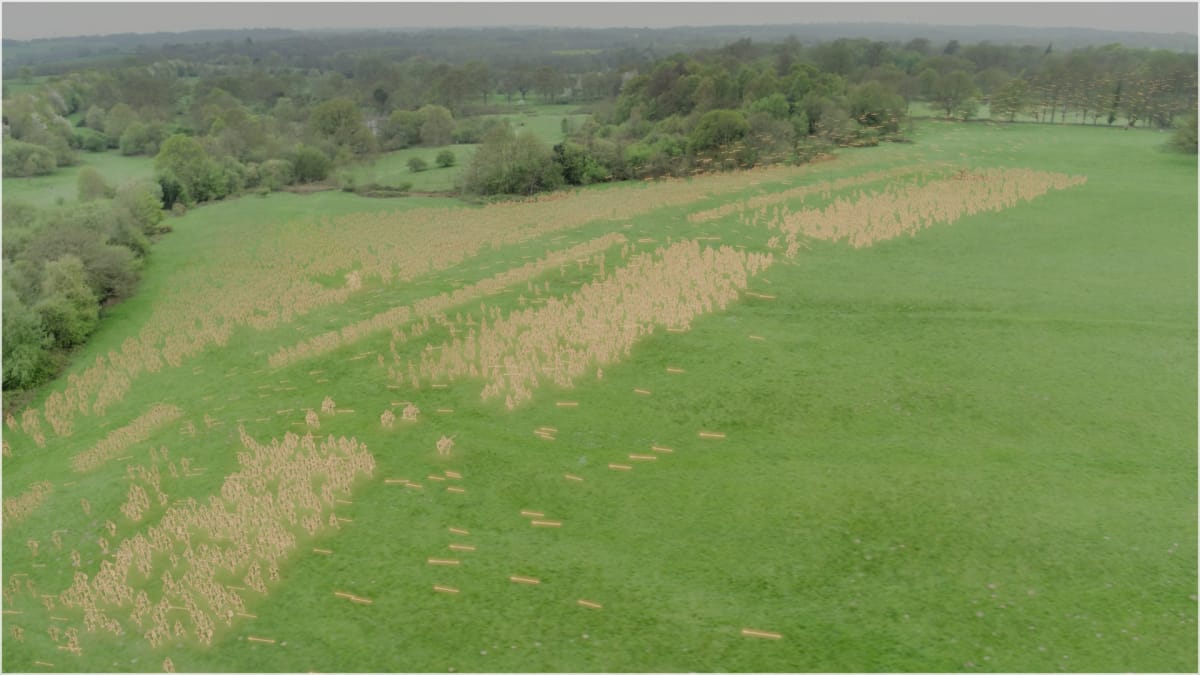
"But the way that we created the Hands on Histories and campaign videos with Lion Television really lends itself to this kind of teaching tool," said Smith. "And I think without the videos, I don't know if this University of Arizona course would have happened, because you really need that component."
The pieces all fell into place, and the partnership between University of Arizona and Microsoft led to this course, with both Futrell and Milliman at the center. Futrell is the head of the university's Department of History and specializes in Roman history, while Milliman teaches medieval history. With exceptional qualifications, they're great fits to teach the course. What's more, they have roots in gaming, which is sure to make the class more exciting.
One of Futrell's areas of research is how ancient Rome is portrayed in popular culture such as television and movies. Looking at history through the lens of media offers exciting possibilities, so this opportunity was one Futrell was eager to dive into. Likewise, Milliman said this course is exactly the type of thing he's been waiting for. Similar to Futrell's research, video games are becoming more mainstream in the realm of scholarship.
"Last year the American Historical Association in their flagship journal, the American Historical Review, they finally started reviewing video games for the first time," said Milliman. "You know, they've been reviewing movies and films and mini-series and novels and all, but not video games, and they're finally doing that now. And I think that's a really important expression of just how the historical profession is recognizing how important this is and how people experience history and first encounter it."
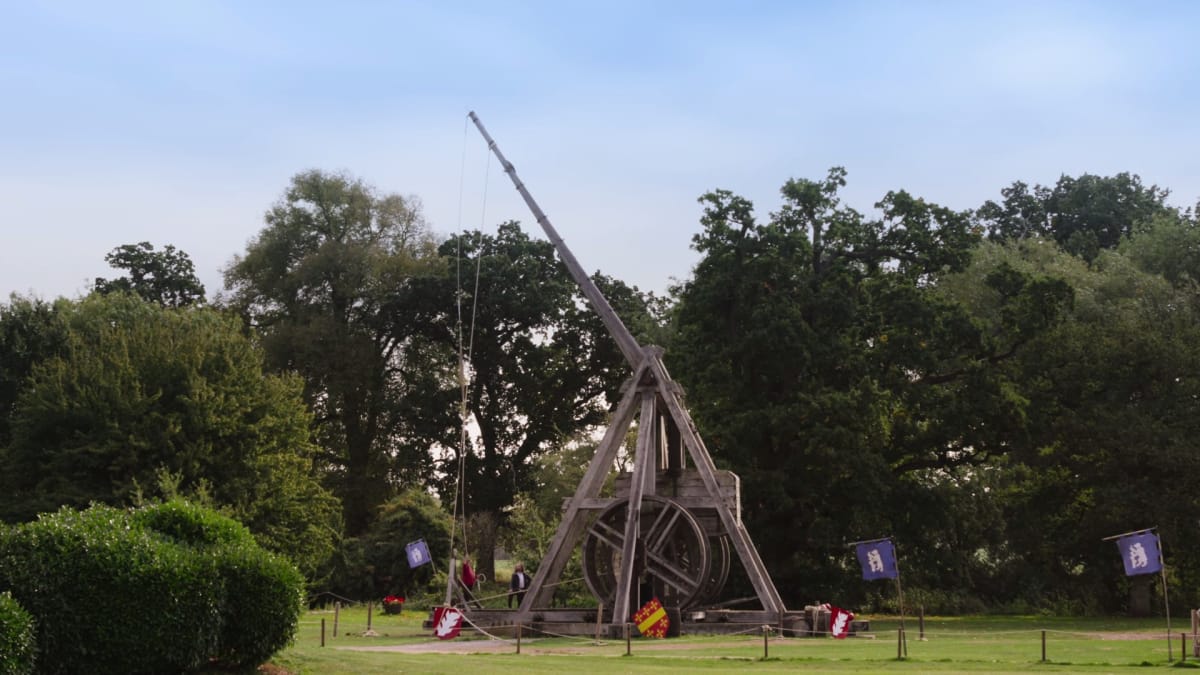
Modules, Challenges, and More | Age of Empires IV History
It's through modules called Illuminated Histories that students will find history that builds on the foundations set forth by Age of Empires IV's stories. As Milliman explained, at various points after various missions, you'll be able to unlock these Illuminated Histories, which take you through a deeper dive into what's discussed in the game or in the Hands on History video. This is in order to make students realize the connection between both the game and actual history, while providing an enriched learning experience. Milliman adds:
"I designed them to be kind of like Atlas Obscura-like deep dives into primary sources that relate to the action in the game, so they're supposed to be kind of playful and fun and give you, sort of make you wonder about things that you might not have wondered about before, and then to take you to places where you could go and see that."
Futrell mentioned these modules have more information on warrior women and dive deeper into the Bayeux Tapestry, the latter of which is this beautiful and elaborate cloth that tells the conflict between England and Normady. It seems as though these modules were designed to pick out interesting tidbits mentioned during the campaign of Age of Empires IV and expand on them. It was no easy feat to create these, either: It required access to the entire script of Age of Empires IV.
"One of the first things I did when I talked to Will [McCahill] about this," said Smith, "he was like, 'Could you please give me all of the text in the game.' Which, is actually harder than it might sound, because we had so many voiceovers and so much in-game text that you can discover, and all of the narrator lines, and they're all kind of like broken up into different places. So what I did was take the final localization document, and I used that as my kind of bible for the text of the game."
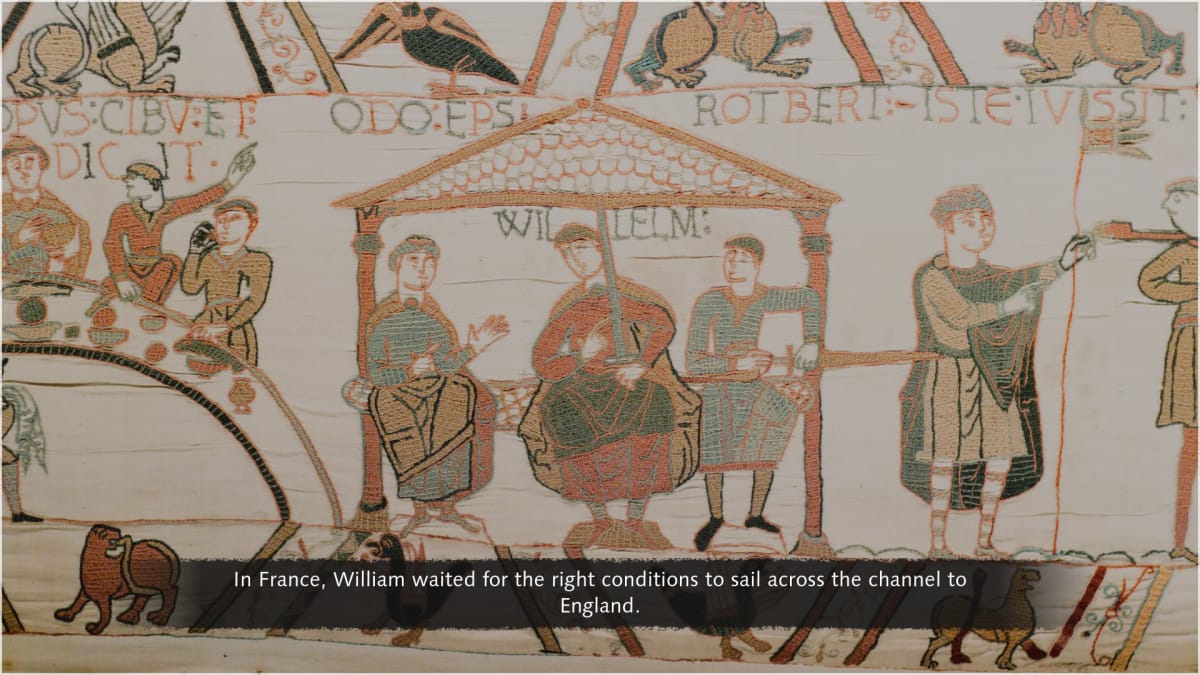
With around 30- to 40-thousand words for the script and text contained within Age of Empires IV, this helped facilitate the creation of the Illuminated Histories. The other challenge -- one both professors seemed eager to dive into -- was teaching with video games as the medium to do so. Milliman stresses that while teaching with computer games is new for him, education through other forms of games isn't. In fact, he cites historical examples where games were used to teach students in the past. Long ago, he explained, a professor created a card game to teach his students logic. The card game was so effective, the professor was accused of witchcraft. Milliman now sees video games like Age of Empires IV as a natural progression of using games as educational tools.
Futrell also spoke on how she handles teaching through this new medium. She sees this as an opportunity to "engage creatively with the past," not get hung up on the super minute and specific details. She elaborates that the point is not to say about a historical figure, 'Well actually, he turned left when he got to that tree. We know that tree was important,' and instead to focus on the creative aspect of this course.
"We don't actually live there, so we don't really know it, in a way," said Futrell. "So I get them to grapple with adaption and changes and how this relates to controversy that legitimately is there among the hardcore explorers of the past."
With minds such as Futrell and Milliman strengthening the bonds between video games and education, the future looks bright, indeed. They believe education and fun aren't mutually exclusive ideas, and that both are entirely doable even in the realm of higher education. Smith has a lot of optimism for the future, too:
"I think that this is so exciting -- like if I had been able to do this when I was in college, who knows what kind of crazy doors that would've opened in my brain. And I hope that we have more and more educational versions of Age of Empires and other games as well, but I also hope that the students -- Paul and Alison's students -- are inspired to see more of the world. To go travel to these places, go to these actual battlefields, read books, you know, dive deeper."
Throughout the course of this interview, Paul and Alison both showed such great enthusiasm for both history and teaching through Age of Empires IV. They used words such as "thrill," "fun," "creative," and "exciting." Truly, this isn't just because they are educators that love what they do -- they are confident this course will be as engaging as they advertise.
"It awakes in some people different ways of interrogating the texts that are there," said Futrell.
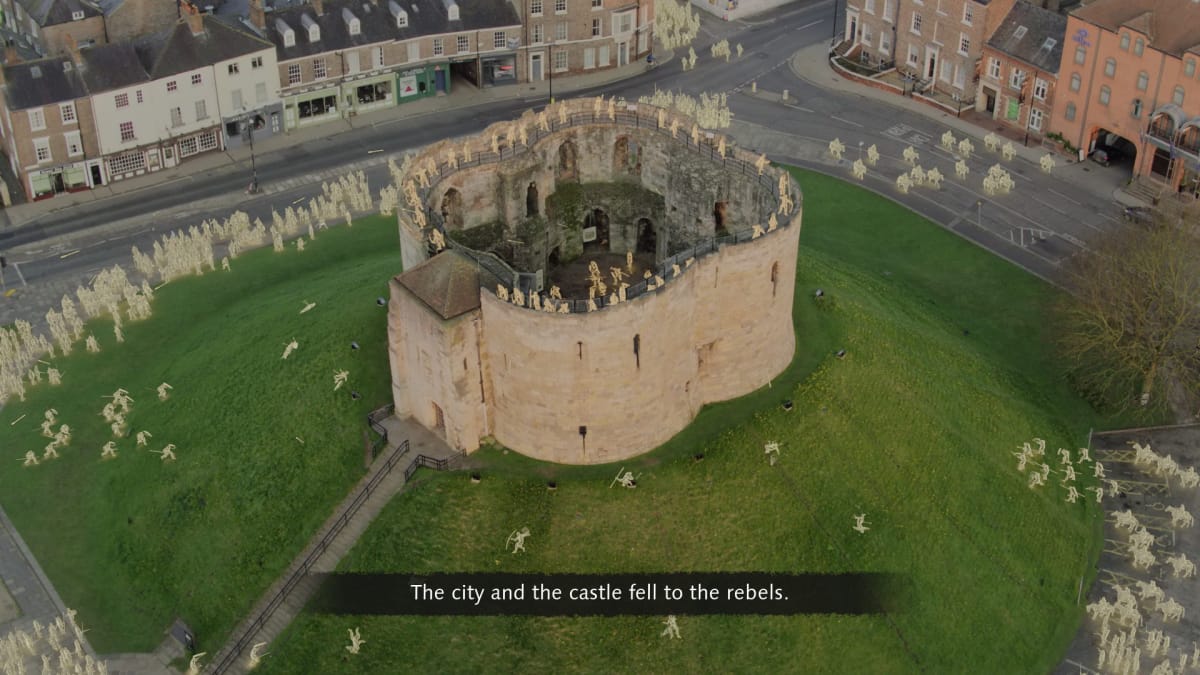
While I hardly ever resort to personal anecdotes or feelings in the features I write, it's worth saying that this particular interview made me excited for the future of education. Although I graduated years ago, I couldn't help but feel a bit of jealousy for those who get to experience this course for themselves. It definitely inspired Futrell and Milliman to experience history even more than they already do. Milliman picked up multiple hobbies such as archery, falconry, and fencing. It should be no surprise that the first two are heavily featured in Hands on History. Futrell looks forward to -- hopefully soon -- launching stuffed animals and other inanimate objects with a real trebuchet. McCahill, though not an educator, has high hopes for the future as well.
"A video game will never be able to fully replace a the personal connection that good teacher can bring, but it can act as an incredible support resource," said McCahill.
"Imagine if you could toss out your textbook homework reading assignments and instead have the students play a video game. I posit that there could be a higher homework completion rate and, if the game was developed well, a much higher information retention rate. That would give teachers a lot more to work with in the classroom. There are access hurdles to overcome between now and then, but I don’t think it is out of the realm of possibility within our lifetime."
Have a tip, or want to point out something we missed? Leave a Comment or e-mail us at tips@techraptor.net
